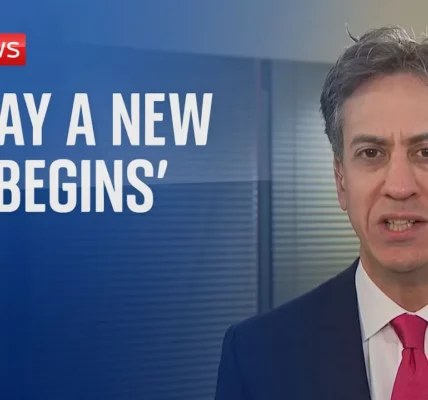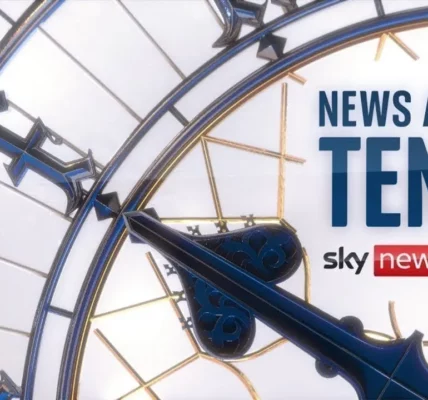The Political Landscape in Wales: A Comprehensive Analysis

This article delves into the dynamics of the Welsh electorate, the Labour Party’s long-standing dominance, and the diverse opinions on key issues affecting voters today.
Introduction
The political scene in Wales has seen the Labour Party consistently winning more votes and seats than its rivals for the past century. This long-standing dominance raises questions about the concerns of the electorate, especially in light of recent controversies surrounding issues such as transgender rights and public services. As we explore the sentiments of Welsh voters, we uncover a mix of loyalty, criticism, and a desire for change amidst the backdrop of devolution and local governance.
The Historical Context of Labour’s Dominance
Wales has a unique political history that has shaped its current landscape. The Labour Party has been at the forefront of Welsh politics for over a hundred years, which is a testament to its deep-rooted support among the electorate. Understanding this context is crucial for analyzing current voter sentiments.
Key Factors Contributing to Labour’s Success
- Historical Ties: Labour’s foundation in working-class communities has fostered loyalty over generations.
- Devolution: The establishment of the Welsh Parliament (Senedd) has allowed Labour to assert its influence and implement policies that resonate with local values.
- Public Services: Labour’s commitment to public services, especially the NHS, has bolstered its image as the protector of Welsh welfare.
Voter Concerns and the Floating Electorate
Despite Labour’s stronghold, there is a growing segment of floating voters whose preferences are increasingly uncertain. This section examines the diverse concerns that influence their voting behavior.
Key Issues Affecting Voter Sentiment
- Transgender Rights: The debate over transgender rights has polarized opinions, with some accusing Labour of not adequately safeguarding women’s rights while others advocate for the protection of transgender individuals.
- Public Spending: Criticism of Labour’s financial management has emerged, particularly concerning funding for infrastructure and public health.
- Speed Limit Controversies: The introduction of a 20 mph speed limit in urban areas has sparked debate, with many questioning its effectiveness and the associated costs.
Labour vs. Conservative: A Comparative Analysis
The political rivalry between Labour and the Conservatives has been a focal point of Welsh politics. Voters often weigh their options based on party performance and perceived safety.
Public Perception of Party Performance
Many voters believe that while Labour has maintained a strong presence, it is not without flaws. Key factors influencing this perception include:
- NHS Performance: Labour’s record on the NHS is frequently scrutinized, with ongoing debates about funding and resources.
- Infrastructure Development: Concerns about road improvements and public transport efficiency have led to criticisms of Labour’s priorities.
- Financial Accountability: Allegations of bureaucratic waste have emerged, particularly regarding the expenditure on unnecessary projects.
The Future of Welsh Politics
As we look ahead, the future of Welsh politics remains uncertain. The growing discontent among voters, particularly regarding issues of identity and public spending, suggests a potential shift in the political landscape.
Emerging Political Alternatives
Recent discussions have highlighted the rise of alternative parties, such as the Green Party and the Liberal Democrats, which may appeal to disenchanted voters. Factors contributing to this trend include:
- Environmental Concerns: The increasing importance of climate change and sustainability is drawing voters towards the Green Party.
- Desire for Change: Disillusionment with traditional parties may push voters to explore new political options.
- Advocacy for Rights: Parties advocating for social justice and equality may gain traction among younger voters.
Conclusion
The political landscape in Wales is multifaceted, characterized by a complex interplay of loyalty, criticism, and evolving voter concerns. As the Labour Party continues to face challenges both internally and externally, the choices made by the electorate will shape the future of Welsh governance. Voters are encouraged to assess their options carefully and engage in the democratic process to ensure their voices are heard.
For more insights on Welsh politics and current events, explore our related articles on electoral trends and party dynamics.
“`




